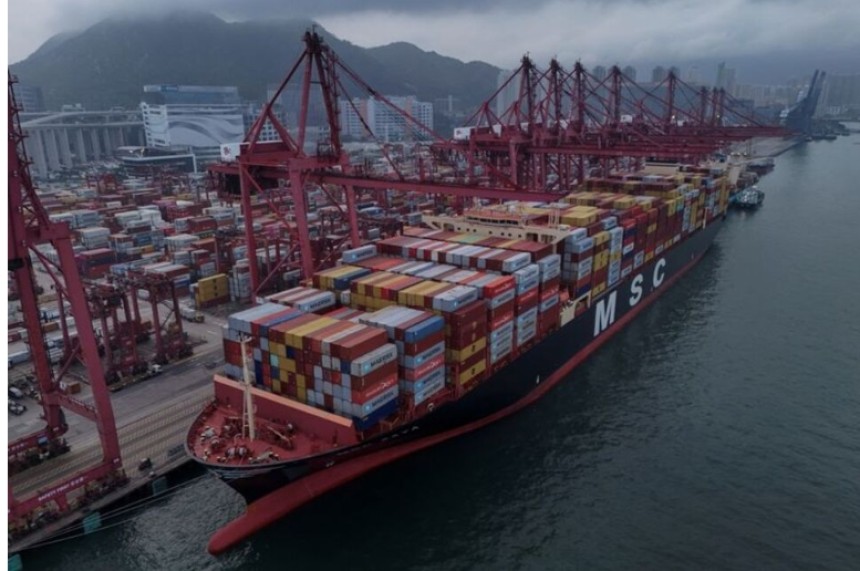
China Exempts Some Goods From US Tariffs
China has exempted some U.S. imports from its 125% tariffs and is asking firms to identify critical goods they need levy-free, according to businesses that have been notified, in the clearest sign yet of Beijing's concerns about the trade war's fallout.
The dispensation, which follows de-escalatory statements from Washington, signals that the world's two largest economies were prepared to rein in their conflict, which had frozen much of the trade between them, raising fears of a global recession.
Beijing's exemptions - which business groups hope would extend to dozens of industries - pushed the U.S. dollar up slightly and lifted equity markets in Hong Kong and Japan.
“As a quid-pro-quo move, it could provide a potential way to de-escalate tensions," said Alfredo Montufar-Helu, a senior adviser to the Conference Board's China Center, a think tank.
But, he cautioned: "It’s clear that neither the U.S. nor China want to be the first in reaching out for a deal."
China has not yet communicated publicly on any exemptions.
U.S. President Donald Trump told TIME magazine in an interview that U.S.-China talks were taking place on tariffs, and that Chinese President Xi Jinping had called him. Beijing has so far disputed the U.S. characterization of talks.
"He's called. And I don't think that's a sign of weakness on his behalf," Trump told TIME. He did not say when Xi called or what the two leaders discussed.
Equity markets largely shrugged off the interview. European shares remained in positive territory, while U.S. stock futures failed to hold onto early gains and were last little changed on the day.
A Friday statement by the Politburo, the Communist Party's elite decision-making body, focused on efforts to maintain stability at home by supporting firms and workers most affected by tariffs.





